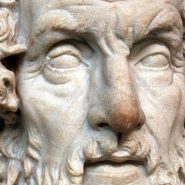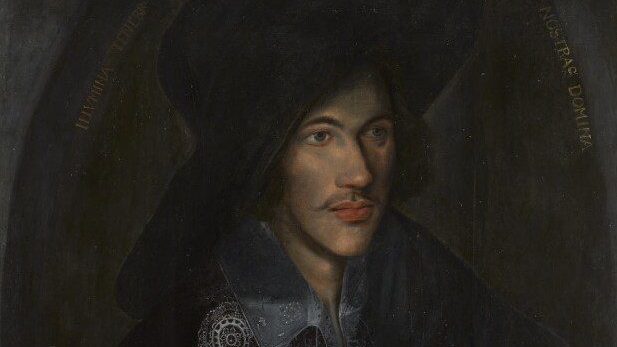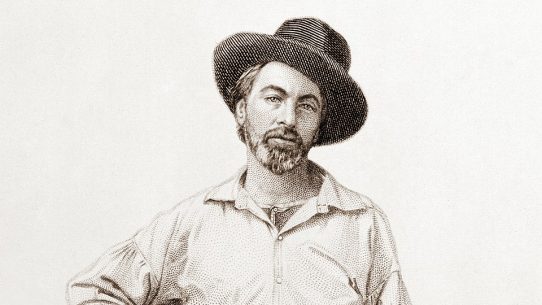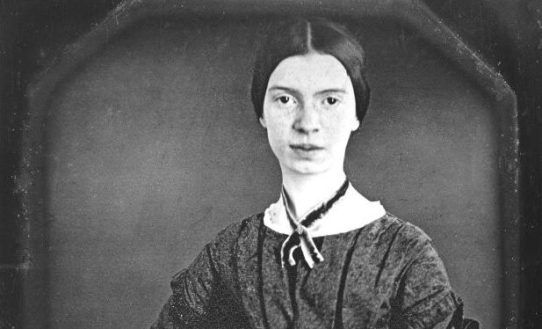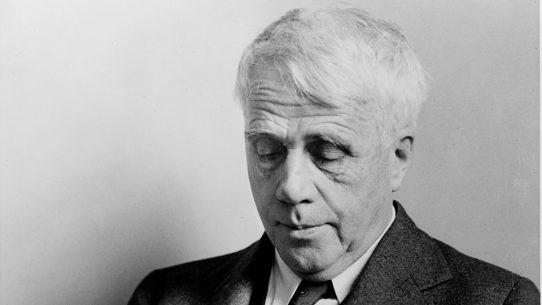John Donne (1572–1631) was a pioneering English poet, preacher, and scholar whose work bridged the late Renaissance and the early seventeenth century.
Often regarded as the foremost figure of the Metaphysical poets, Donne transformed English verse through his bold intellect, emotional depth, and inventive imagery. His poetry fused sensual experience with spiritual inquiry, revealing the complexities of faith, love, mortality, and human contradiction.
Early Life and Education
Donne was born in London to a prosperous Catholic family at a time when England’s laws against Catholicism made open practice dangerous. His father, a successful ironmonger, died when Donne was four, leaving his mother to raise several children in secrecy of faith. Donne attended Hart Hall, Oxford, and later the University of Cambridge, though as a Catholic he could not take a degree. He then studied law at Lincoln’s Inn, where he immersed himself in literature, philosophy, and theology.
In his youth, Donne lived a worldly, adventurous life. He traveled with military expeditions and wrote erotic and satirical poems that circulated privately among friends. His early works, including The Flea and The Indifferent, display his sharp wit and unconventional approach to love and desire.
Literary Career and Major Works
Donne’s career can be divided into two distinct phases: the secular poet and the divine poet. His early poetry, written in the 1590s, broke from Elizabethan conventions of smooth lyricism. Instead, he crafted compact, intellectually charged verses filled with paradox and metaphor — what later critics called metaphysical conceits.
His clandestine marriage in 1601 to Anne More, daughter of a prominent court official, led to his brief imprisonment and financial hardship. Over time, Donne’s writing evolved from love poetry to meditations on faith and mortality. His later works, including Holy Sonnets and Hymn to God, My God, in My Sickness, reflect his profound spiritual struggle and reconciliation with divine grace.
Ordained in 1615 under King James I, Donne became one of England’s most celebrated preachers. His Devotions upon Emergent Occasions (1624), a collection of meditations written during illness, contains the famous line “No man is an island,” symbolizing his belief in human interconnectedness.
Style, Themes, and Influence
Donne’s poetry is defined by its metaphysical intensity — a fusion of reason, emotion, and imagery that treats abstract thought with dramatic immediacy. His verse often begins in argument and unfolds toward revelation, blending sensual and spiritual experience. His “conceits” — elaborate metaphors comparing, for example, lovers to compass points or souls to continents — challenged readers to think as well as feel.
Recurring themes in Donne’s work include the unity of body and soul, the conflict between earthly and divine love, and the inevitability of death. His language, rich in rhythm and ambiguity, anticipates modern psychological complexity. Later poets such as T. S. Eliot and W. H. Auden rediscovered Donne in the twentieth century, crediting him with revitalizing English poetry through intellect and authenticity.
Later Life and Legacy
As Dean of St. Paul’s Cathedral from 1621 until his death, Donne became one of the most powerful voices of the English pulpit. His sermons were celebrated for their eloquence and intensity, reflecting the same emotional gravity found in his verse. During his final years, Donne faced recurring illness but continued to preach and write with unshaken devotion.
He died in London on March 31, 1631. His funeral sermon, Death’s Duel, often considered his own elegy, encapsulated his lifelong meditation on mortality and salvation. Donne’s tomb in St. Paul’s Cathedral bears his statue in a shroud — an image as stark and beautiful as his poetry.
Today, Donne is revered as the founder of Metaphysical poetry and one of the most original voices in English literature. His fusion of intellect, faith, and desire continues to inspire poets and thinkers alike.
Notable Works
- The Flea (c. 1590s)
- A Valediction: Forbidding Mourning (1611–1612)
- Holy Sonnets (1609–1617)
- Devotions upon Emergent Occasions (1624)
- Death’s Duel (1631)
Related Poets
George Herbert, Andrew Marvell, Henry Vaughan, Richard Crashaw, John Milton
